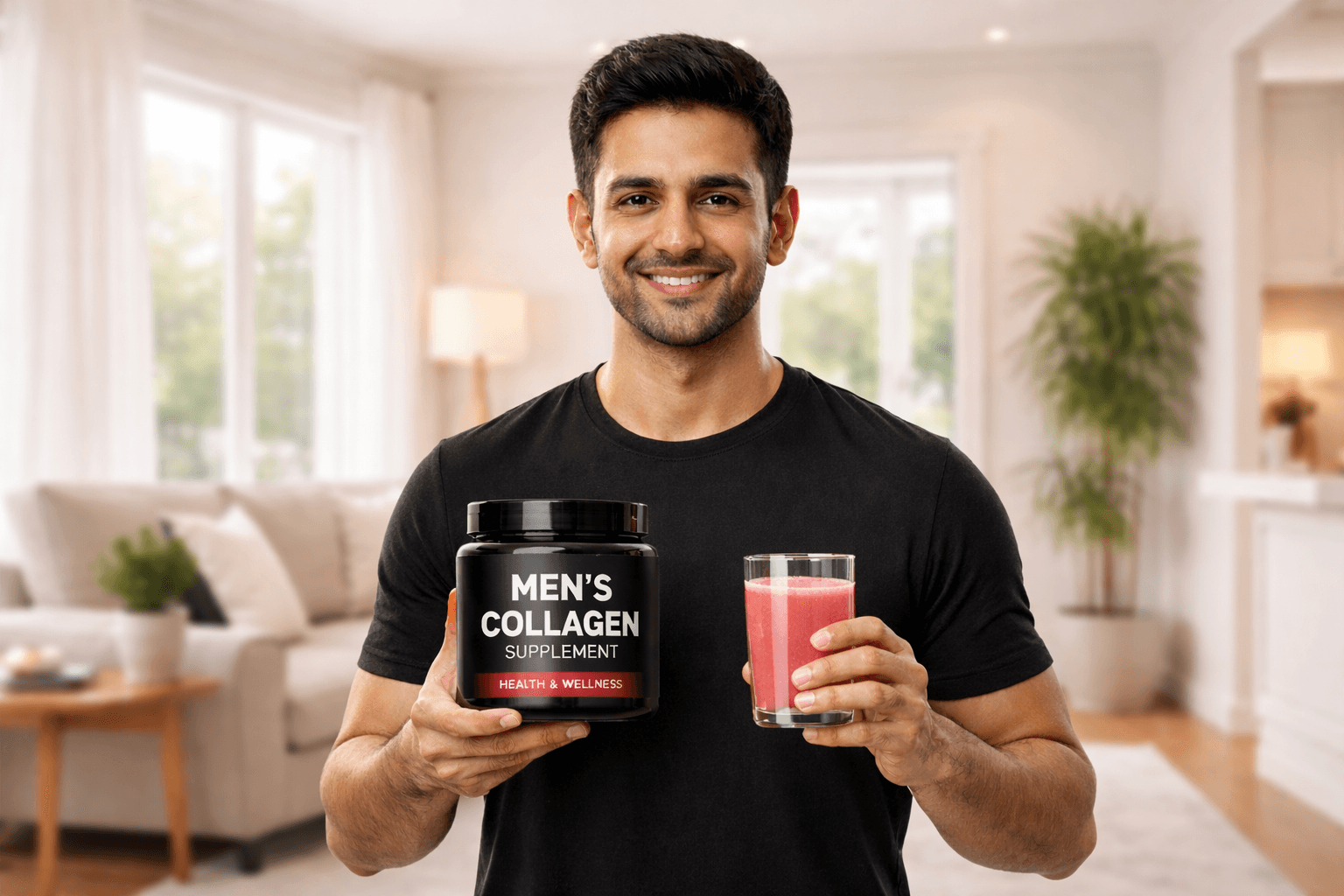Decoding Consumer Preferences: Feature Response for Foldable Smartphone Innovation
Consumer behaviour
May 2025

Client
A forward-looking player in the smartphone segment aiming to strengthen its foothold in the premium foldable device market by studying consumer behaviour and leveraging insights.
Objective
As part of its pre-launch product refinement process, the brand sought to evaluate consumer response to select features within its upcoming foldable smartphone. The study was designed to extract usability and consumer insights, examine smartphone trends, gauge the relevance of emerging technologies, and inform future product roadmaps.
The key objectives included:
Assess Feature Relevance & Appeal
Understand user preferences and interest in smartphone features like watermark, wireless charging, MagSafe support, and NFC.Identify Connectivity Pain Points
Explore real-life environments where users typically face network issues.Evaluate Willingness to Pay
Gauge how much users are willing to invest in premium accessories or technologies.Build Consumer-Centric Feature Strategy
Align product strategy and planning with actual user needs, behaviors, and perceived value.
Methodology
Research Approach:
Qualitative exploration through in-depth interviews
Sample Size:
15 respondents
Target Audience:
Users of foldable smartphones or flagship bar devices
Professionals and business owners
Tech-aware, mid to high-income users
Aged 25–45 years, urban-centric
Cities Covered:
Delhi, Mumbai, and Bangalore
Key Findings
1. Watermark Feature: Divided Utility
Used creatively by some for social media and branding
Business users (e.g., real estate) found it useful for promotional images
However, several users were unaware of its existence or did not find it meaningful
Implication: Include but deprioritize in marketing. Offer watermark toggles for user control.
2. Network Connectivity: Common Drop Zones
Problem Areas Identified:
Elevators
Basements and underground parking
Metro/Subway trains
Indian Railways and highways
Office buildings with thick walls
User Frustration:
60% faced network issues during critical activities like work calls, payments, or content uploads.
Implication: Market network-optimizing antenna placement and modem capabilities. Emphasize device performance in signal-challenged zones.
3. Wireless Charging: Awareness vs. Practical Need
40% users expressed a need for wireless charging, citing ease and convenience
60% still preferred traditional wired charging due to:
Perception of slower speeds
Lack of wireless charging infrastructure at home or work
Unawareness about compatibility and smartphone accessories
Implication: Position wireless charging as a lifestyle upgrade. Provide bundled fast wireless charger during initial adoption phase.
4. Awareness of MagSafe and NFC Technology
Feature | Awareness | Usage |
NFC | High | Moderate |
MagSafe | Low | Very Low |
NFC Technology is increasingly used for contactless payments and smart pairings
Awareness about MagSafe support is limited, and users equate it with an Apple-only ecosystem
Implication: Educate consumers on non-Apple utility of MagSafe alternatives. NFC benefits can be better highlighted through demo content.
5. Willingness to Pay for MagSafe Case
Only 26.7% were willing to pay a premium
The sweet spot for pricing was between ₹5,000–₹8,000
Others viewed it as non-essential unless bundled or heavily discounted
Implication: Offer it as an add-on or launch bundle rather than default accessory. Build desirability through influencer-led unboxings.
Voice of the Consumer
“I can see watermark being useful when sharing business properties, but I want the option to turn it off.”
— Real Estate Consultant
“Network drops mostly in the metro or lift—it’s frustrating during payment or work calls.”
— Working Professional
“Wireless charging is cool, but I still prefer cable—it's faster and more reliable for me.”
— Tech Enthusiast
Business Implications
1. Feature Prioritization
Position NFC and wireless charging as practical enhancements for productivity and lifestyle
Watermark and MagSafe should be opt-in, not central features
2. Pain Point Messaging
Communicate network reliability across zones where consumers typically face issues
Highlight how smartphone design and software enhance signal reception
3. Accessory Pricing Strategy
Avoid standalone high pricing for premium covers
Introduce smart pricing through bundles or early-buyer perks to encourage adoption
4. Education & Awareness
Use reels, influencers, and in-store demos to explain newer features like MagSafe and NFC use cases beyond Apple products
Conclusion
The study deeply focused on user-research and revealed that users are not only increasingly feature-conscious but also highly pragmatic. Features like NFC and wireless charging have the potential to elevate user experience when properly positioned, while areas like network performance and accessory utility continue to be pivotal in shaping satisfaction. By focusing on user education and solving practical pain points, the player can optimize the process of new product development and deliver a foldable design smartphone that strikes a perfect balance between innovation and everyday mobile usability.
Want to build feature-rich products grounded in real user insights? Connect with Market Xcel to co-create smarter, insight-driven innovations.
KEEP READING


